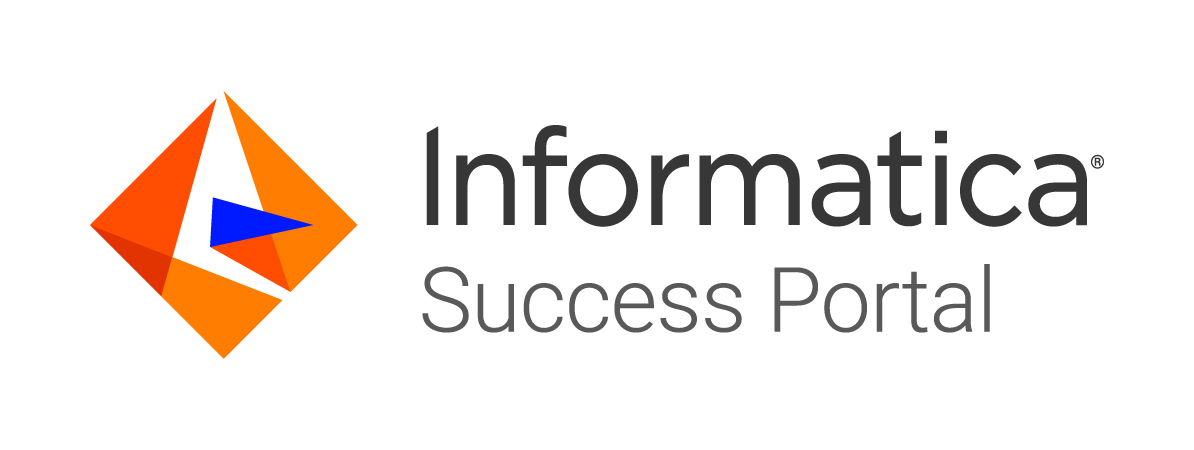-
Manage your Success Plans and Engagements, gain key insights into your implementation journey, and collaborate with your CSMsSuccessAccelerate your Purchase to Value engaging with Informatica Architects for Customer SuccessAll your Engagements at one place
-
A collaborative platform to connect and grow with like-minded Informaticans across the globeCommunitiesConnect and collaborate with Informatica experts and championsHave a question? Start a Discussion and get immediate answers you are looking forCustomer-organized groups that meet online and in-person. Join today to network, share ideas, and get tips on how to get the most out of Informatica
-
Troubleshooting documents, product guides, how to videos, best practices, and moreKnowledge CenterOne-stop self-service portal for solutions, FAQs, Whitepapers, How Tos, Videos, and moreVideo channel for step-by-step instructions to use our products, best practices, troubleshooting tips, and much moreInformation library of the latest product documentsBest practices and use cases from the Implementation team
-
Rich resources to help you leverage full capabilities of our productsLearnRole-based training programs for the best ROIGet certified on Informatica products. Free, Foundation, or ProfessionalFree and unlimited modules based on your expertise level and journeySelf-guided, intuitive experience platform for outcome-focused product capabilities and use cases
-
Library of content to help you leverage the best of Informatica productsResourcesMost popular webinars on product architecture, best practices, and moreProduct Availability Matrix statements of Informatica productsMonthly support newsletterInformatica Support Guide and Statements, Quick Start Guides, and Cloud Product Description ScheduleEnd of Life statements of Informatica products
How to bring in custom metadata into EDC
Custom metadata integration signifies ingesting metadata from custom data sources into the catalog. You can use custom metadata integration to ingest metadata from data sources for which Enterprise Data Catalog does not provide a resource. Based on the model for the data source, Enterprise Data Catalog extracts metadata from the data source. Enterprise Data Catalog, by default, provides models for multiple data sources from which you can extract metadata. These models are referred to as system models. To ingest custom metadata in the catalog, you must define a custom model as the first step.
Custom metadata represents metadata that you define for custom data sources. Custom metadata includes custom properties, relationships, attributes, classes, and context information in the custom data source.
- Good knowledge about the source system for which custom model to be built.
- Metadata information from the source system which will be consumed for custom resource configuration
- Understand the custom model.
- Acquire knowledge to bring the metadata for which native scanner is not available.
- Understand more about scanner feasibility for which Enterprise Data Catalog does not provide a scanner.
- Custom metadata represents metadata that you define for custom data sources.
- The model defines the structure of the metadata stored in the catalog.
- Architect
- Developer
Ask An Expert
Feature Clarity
Enterprise Data Catalog
Ask An Expert
Implement
Adoption - Technical
Functional
AAE-EDC-008
Disclaimer
- All the topics covered in the Success Accelerators/Ask An Expert sessions are intended for guidance and advisory only. This is implicit and it will not be called out under the scope of each engagement.
- Customers need to include their relevant technical/business team members highlighted in each engagement topic to derive the best out of each engagement.
- Customers need to perform any hands-on work by themselves leveraging the guidance from these engagements.
- Customers need to work with Informatica Global Customer Support for any product bugs/issues and troubleshooting.
